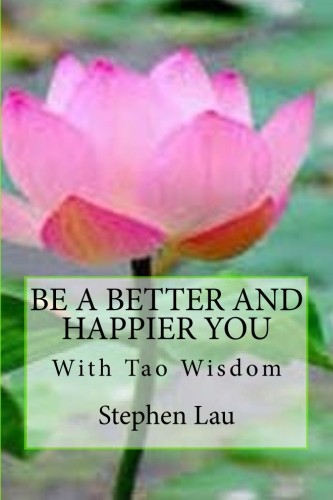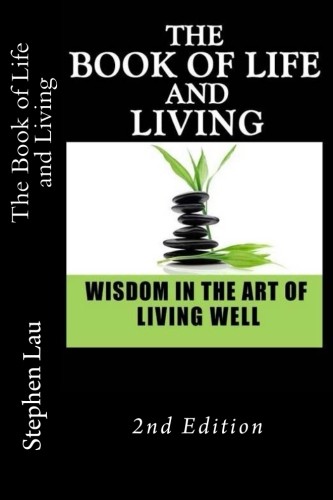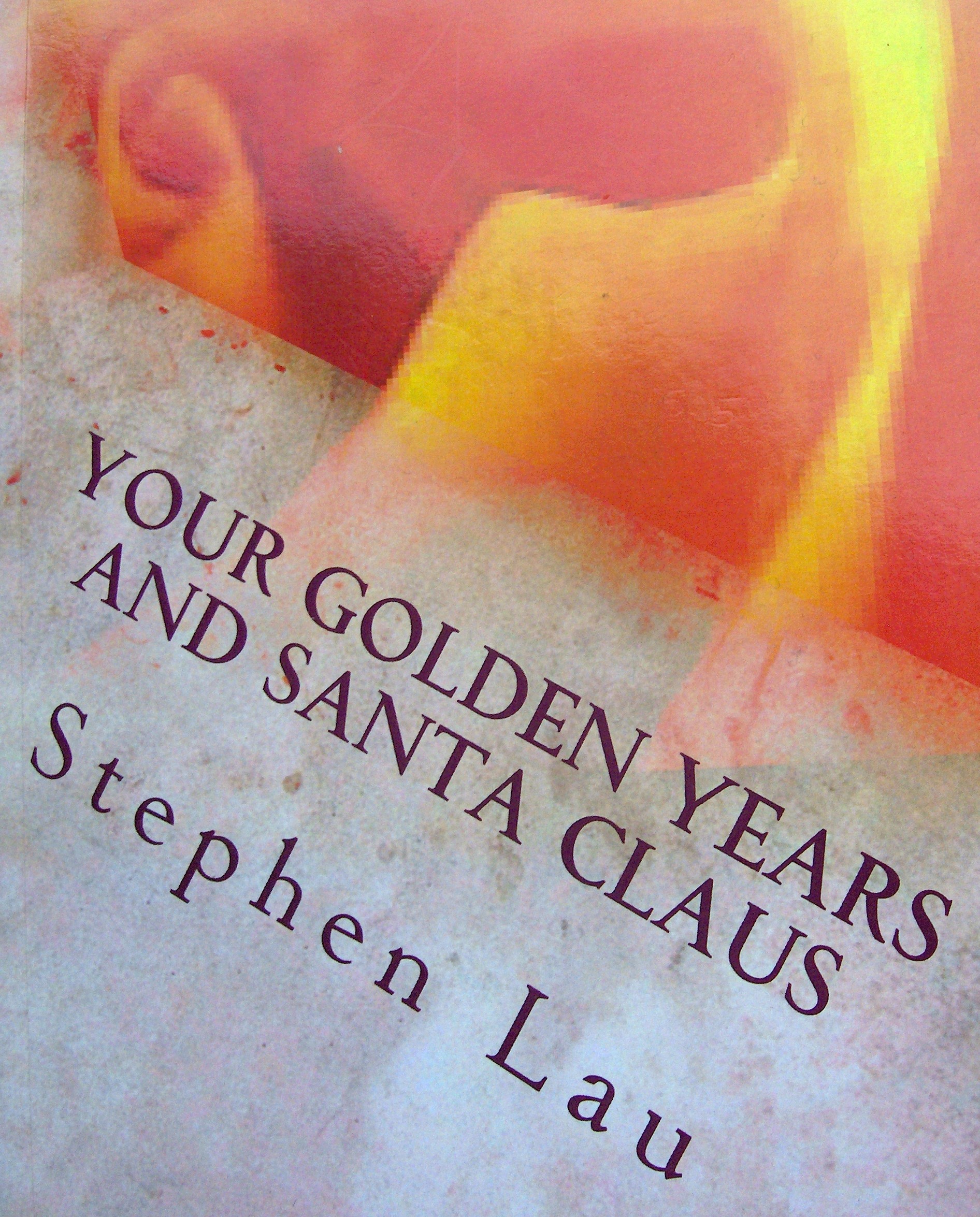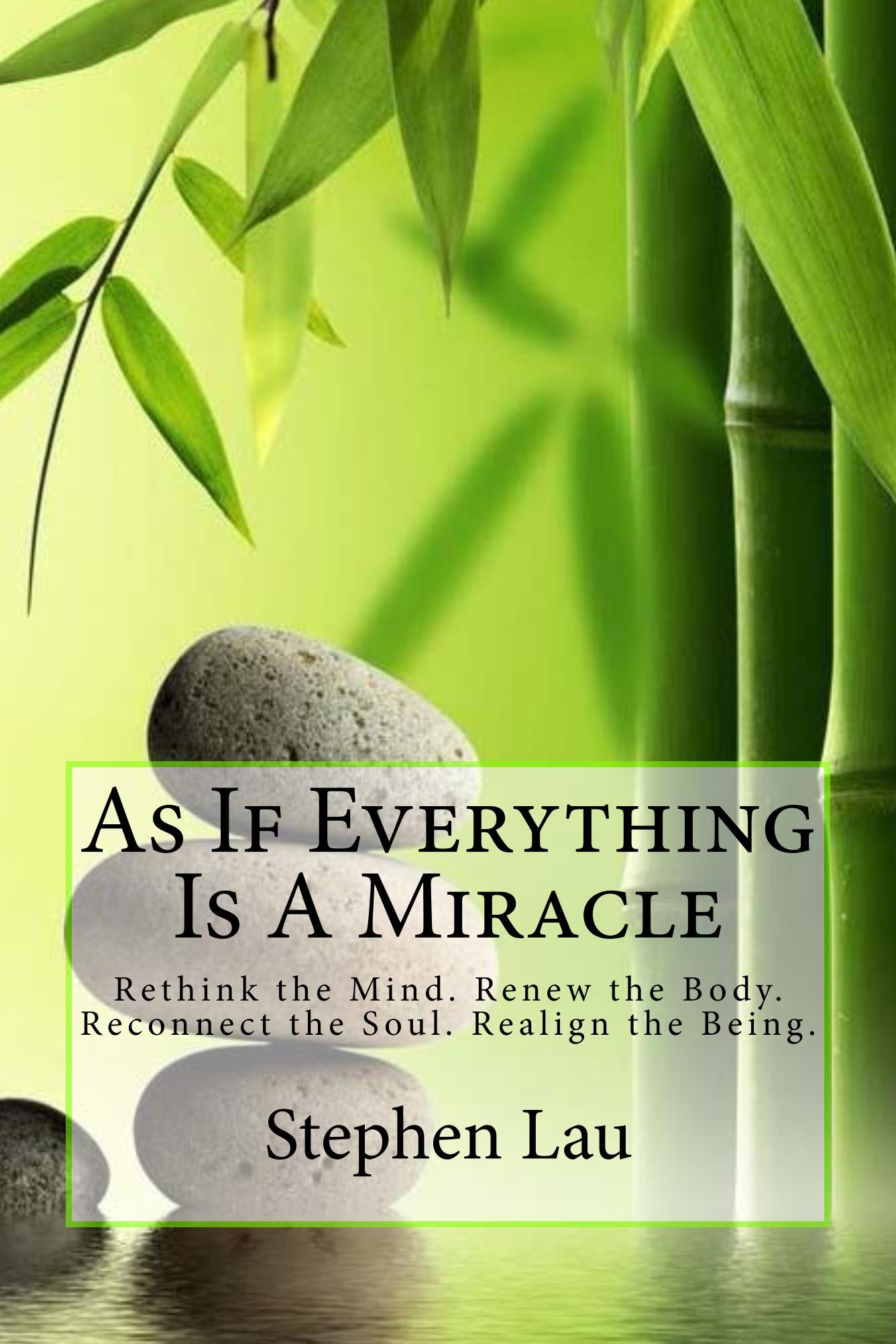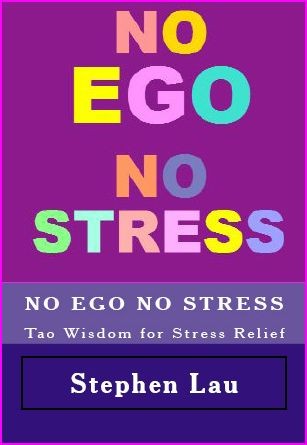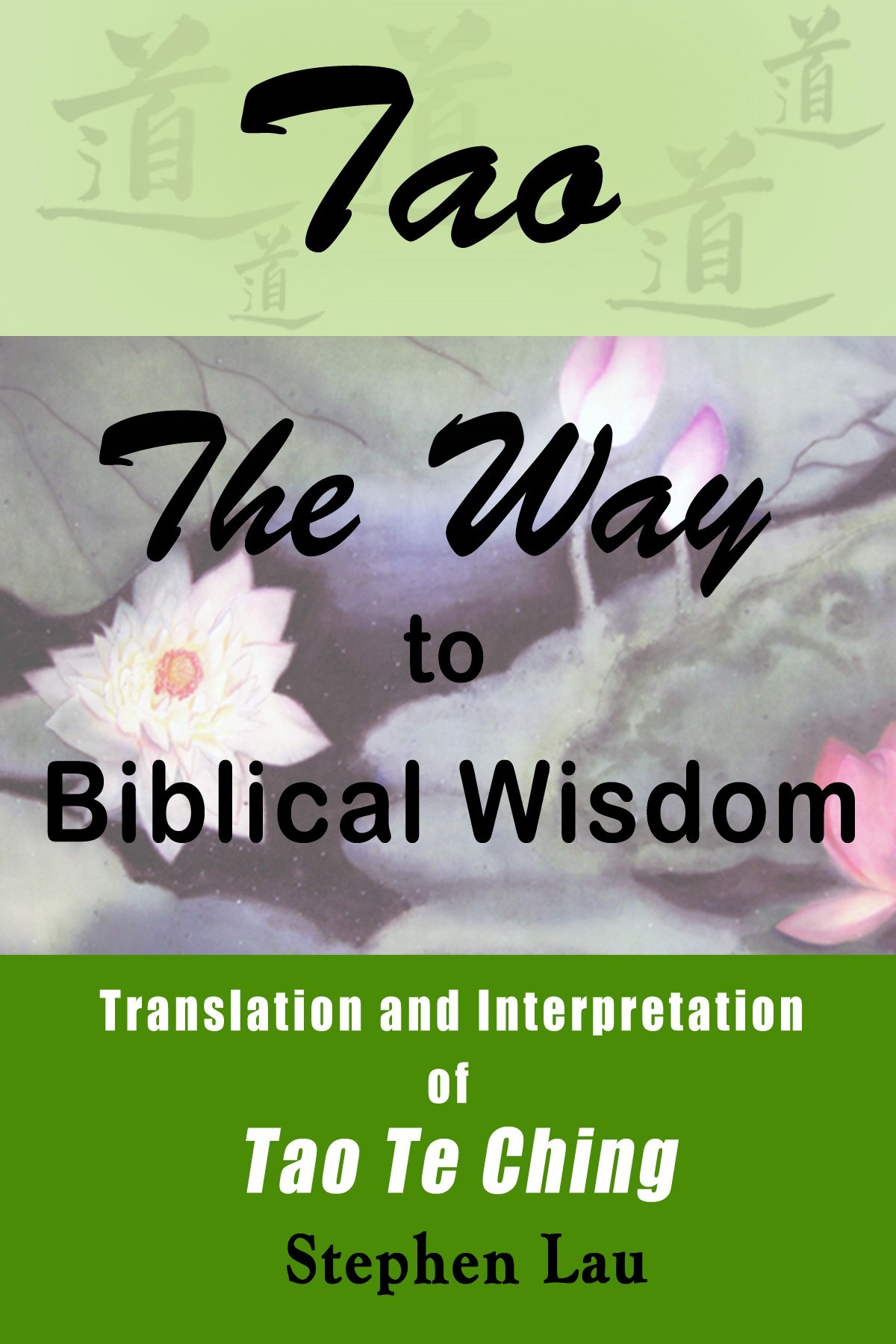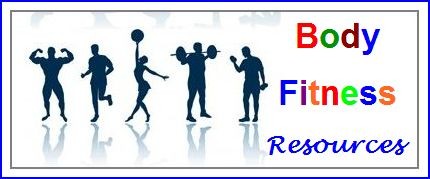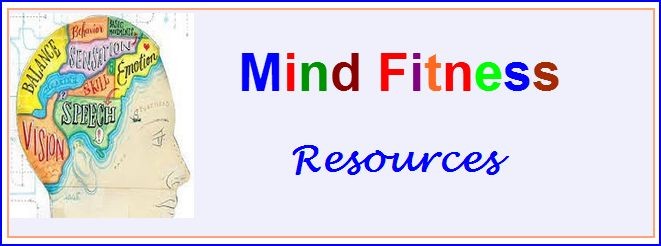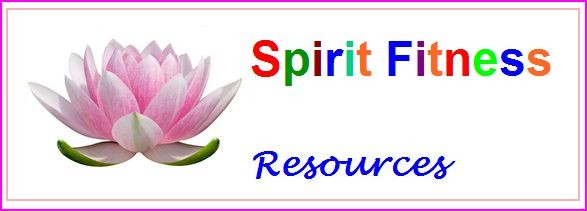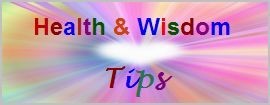NO EGO NO STRESS
by Stephen Lau
The human ego is the underlying source of all stressors in contemporary living -- a stumbling block to wisdom in living..
Learn and understand the ancient human wisdom from China to eliminate all stress in everyday living.
To find out more, click click here.
by Stephen Lau
The human ego is the underlying source of all stressors in contemporary living -- a stumbling block to wisdom in living..
Learn and understand the ancient human wisdom from China to eliminate all stress in everyday living.
To find out more, click click here.

Wisdom and Knowledge
Stephen Lau
Stephen Lau
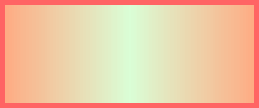
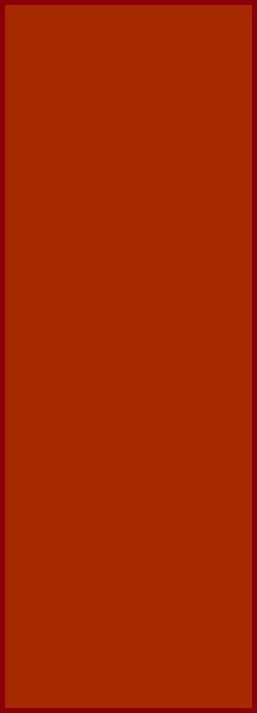

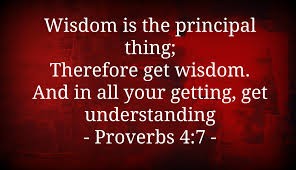
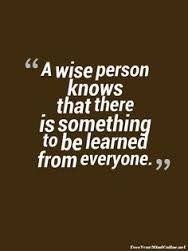
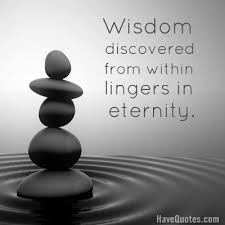
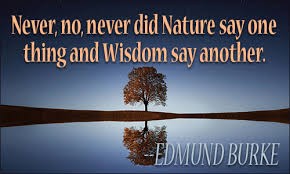
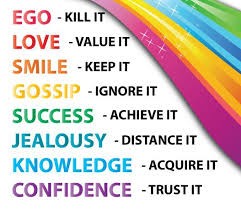
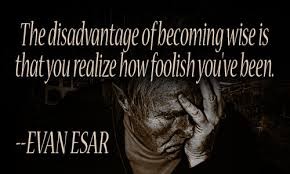
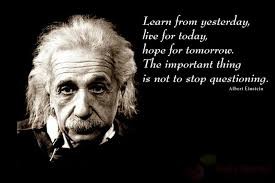
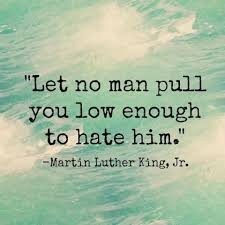


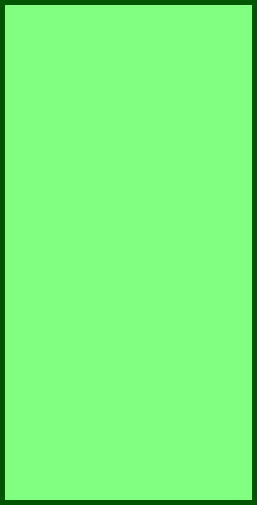
This book contains the 81 chapters of the translated text of the Chinese classic on human wisdom, written by the Chinese sage Lao Tzu. It also explains in plain English all the essentials of Tao wisdom, which is the wisdom of TAO TE CHING.
Please click here.
The Wisdom of Letting Go
by Stephen Lau
Letting go of all attachments in the material world is the only way to let go of the ego, which is formed by a distorted human mind. This human flaw can be eradicated with the ancient Tao wisdom from China, and complemented with the Biblical wisdom. Learn how to let go to let God.
To download the digital book, click here; to get the paperback, click here.
by Stephen Lau
Letting go of all attachments in the material world is the only way to let go of the ego, which is formed by a distorted human mind. This human flaw can be eradicated with the ancient Tao wisdom from China, and complemented with the Biblical wisdom. Learn how to let go to let God.
To download the digital book, click here; to get the paperback, click here.

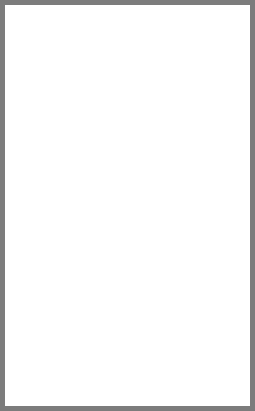
Get the wisdom to empower your mind with information and intent for self-healing.
Click here for more details.

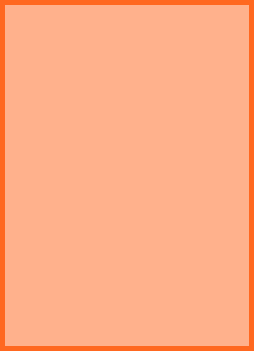

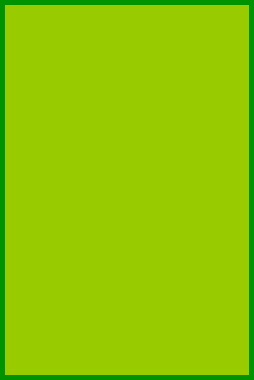
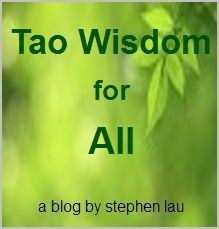
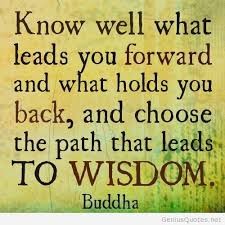
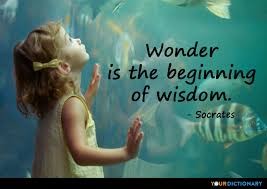
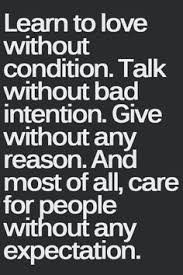
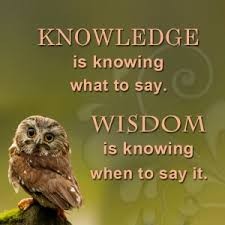

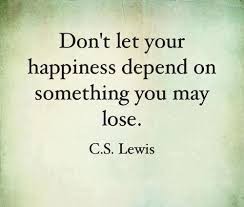
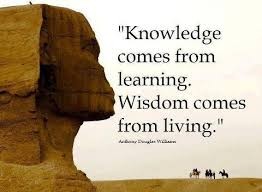
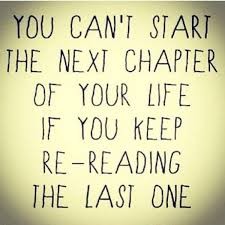
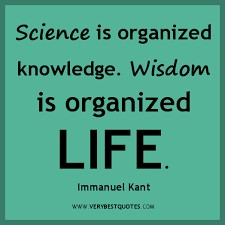
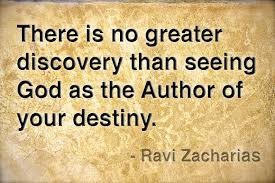
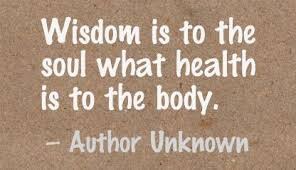
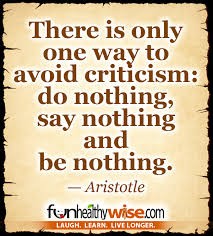
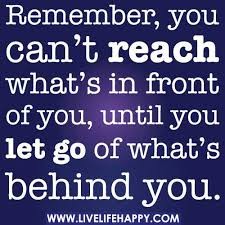
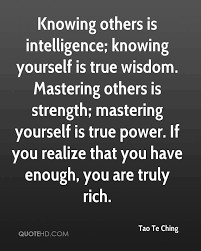
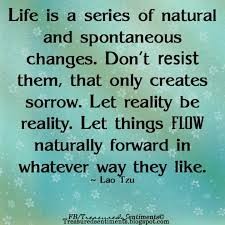
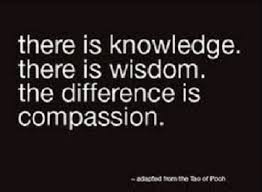

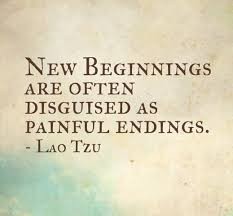
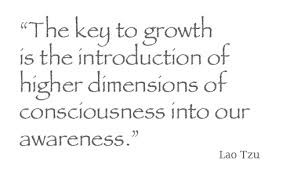
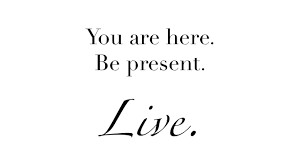
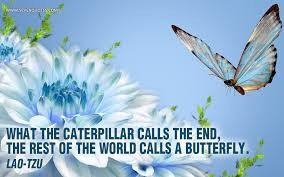
To live well, you must have the know-how, and that is wisdom in living. The problem is that many people may not have the know-how. If you wish to live well, you must acquire that skill, which is wisdom in living.
Living your life is based on a blueprint of perceptions of your past and present experiences, some of which are then processed by your conscious mind and then projected into the future, forming your expectations in your subconscious mind. Therefore, how you process the different experiences in your mind plays a pivotal role in how you are going to live your life.
It is not easy to learn or acquire the art of living well. For one thing, learning to live is never a part of education: it is never formally taught in schools. You are simply expected to learn how to live your life on your own through trial and error, learning from your own mistakes as well as those from others. If you are lucky, you may get good advice from your parents, friends or mentors; if not, you are pretty much on your own. Worse, you may simply drift along, completely at a loss as to what to do with your life. How sad, but how true! Wisdom in the art of living is a challenge to you, but it is an art that you must master in order to live well.
Wisdom in living is an essential component in the art of living well. To intuit that wisdom, you require effort and empowerment of knowledge. In other words, you need the know-how.
Knowledge is not the same as wisdom. Knowledge is external, while wisdom is internal. Knowledge provides you with facts and information; the raw materials with which you create your own life. Wisdom, on the other hand, is assimilation and application of the knowledge acquired. More specifically, you must apply your knowledge to your everyday life and living; true wisdom is the capability to internalize the knowledge made available to you, understand its relevance to your own life, and then apply it diligently to your everyday living. That is not an easy task, but it can be done with effort and determination.
It must be pointed out that life is limited, but knowledge is unlimited. Using what is limited to seek out the unlimited is unwise. Therefore, accumulation of knowledge does not guarantee wisdom. The moral of the lesson: Do not simply seek knowledge; instead, internalize what you already know, just as Socrates, the great philosopher, once said: "An unexamined life is not worth living." In other words, the wisdom in living is to continually examine your life and look at its direction by asking soul-searching questions and finding intelligent answers to those questions asked about your life and living. In this mental process of asking questions and seeking answers, you may acquire true wisdom in living. In the Bible, Jesus said: "Ask and it shall be given you, and ye shall find . . ." (Matthew 7:7). In life, you must do the same: continually ask questions throughout your life.
Asking one question may lead to another question, and yet another. There are many questions that may not have an answer, or the answers to many questions may change over time as your wisdom continues to expand. No matter what, the more questions you can ask about your life and finding answers to those questions asked, the greater wisdom you may have. Wisdom is the distillation of knowledge; that is, to find out what is real and what is pseudo real to you. Remember, it is your life that you must live, and nobody can live it for you. Therefore, what is applicable to or appropriate for others may not be suitable for you. There is no blueprint for living; you must create your own blueprint for your own life. Wisdom in living is more than thinking out of the box: it is creating your own box.
Here, you will find out more about the many questions you would like to ask yourself about your life, and, hopefully, finding intelligent answers to them. Please come back to this lens for more.
Stephen Lau
Copyrightę by Stephen Lau










